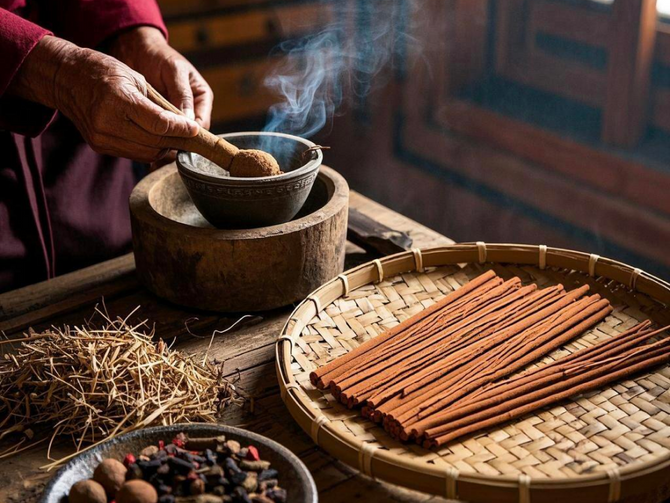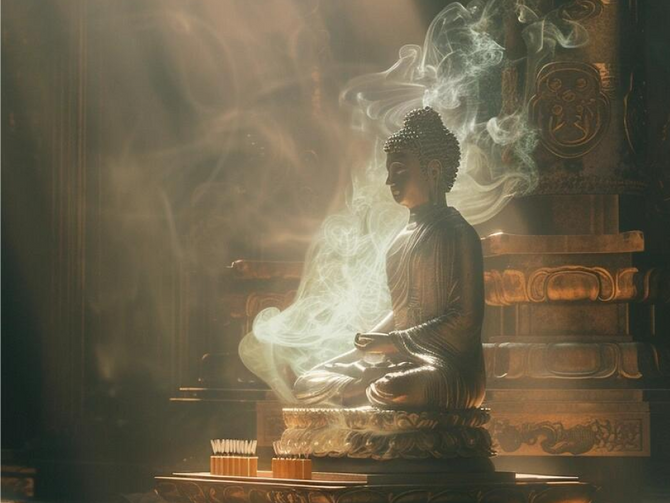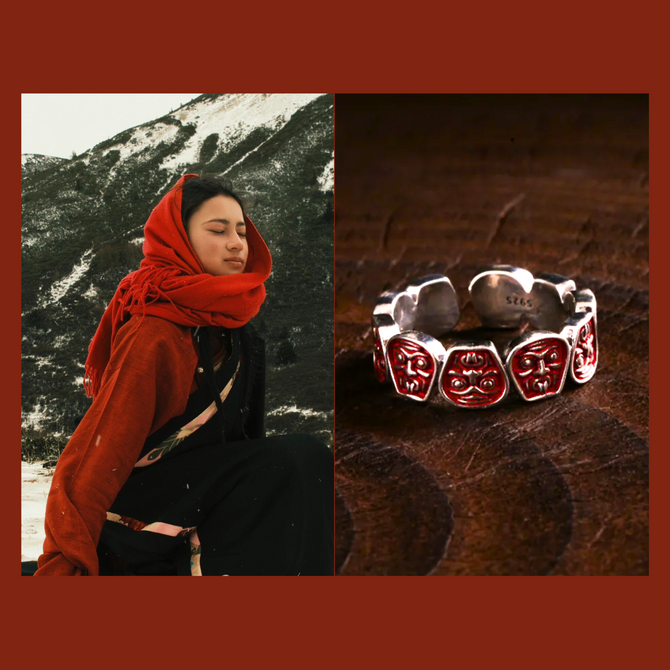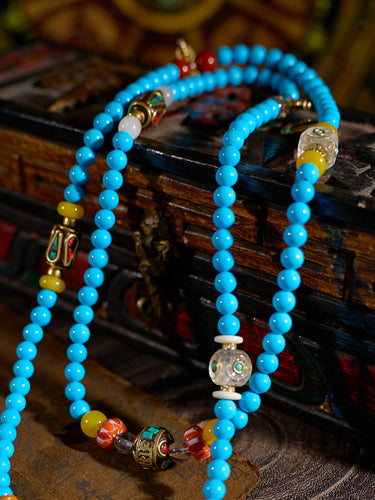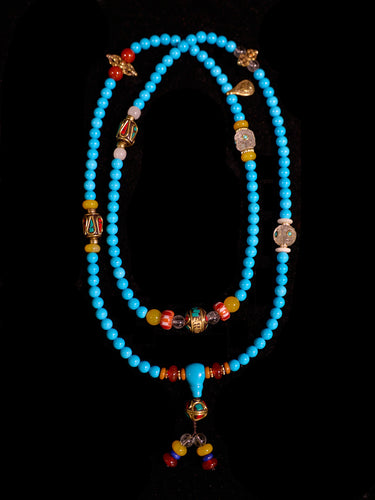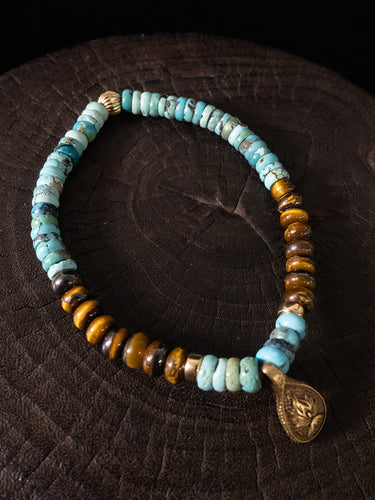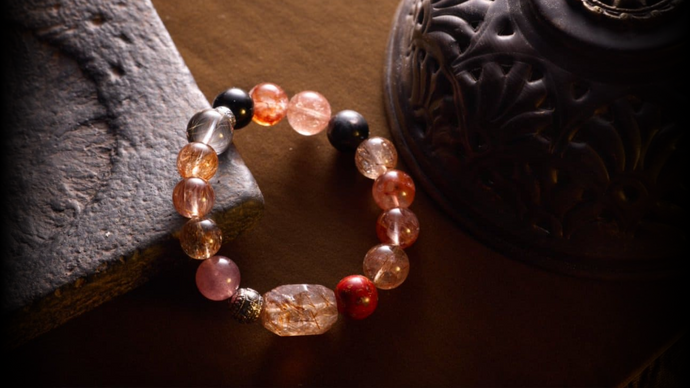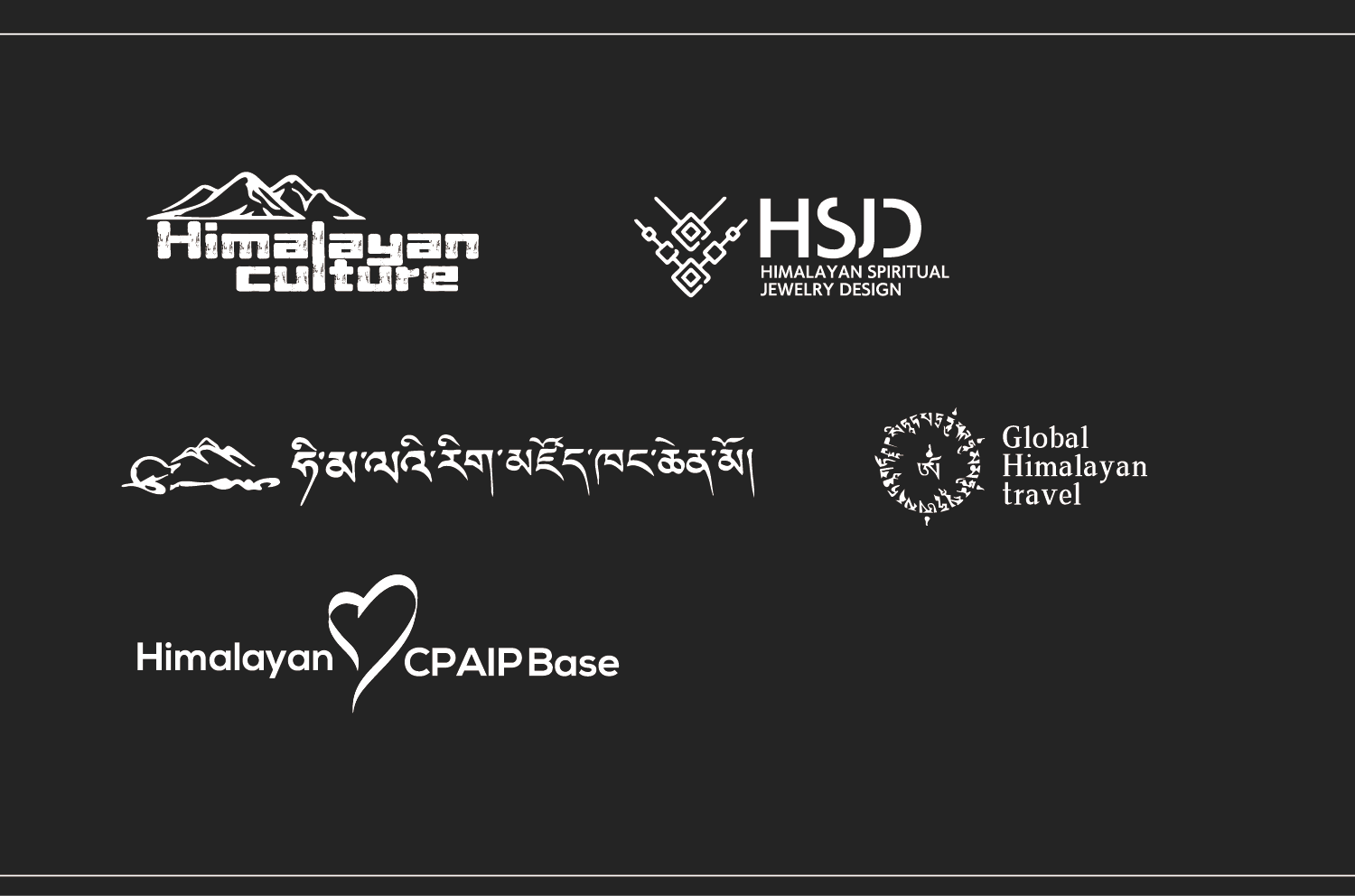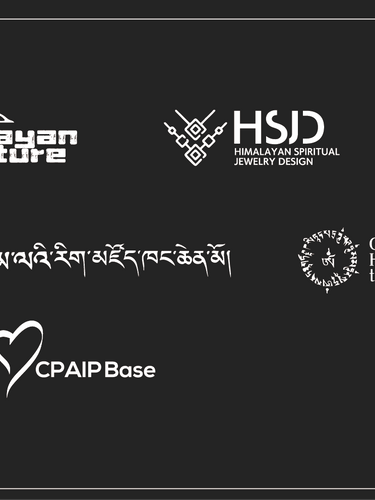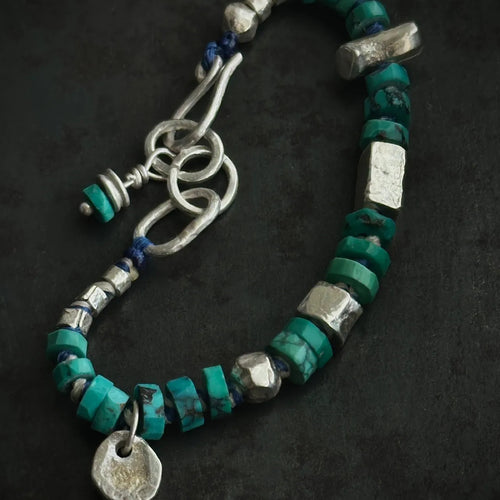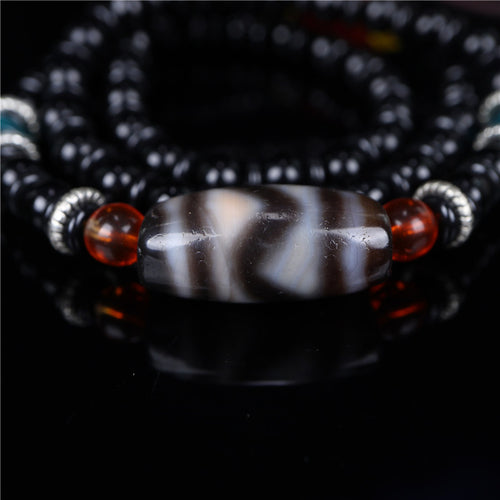A Chinese culture exchange event is designed to provide participants with insights into various aspects of Chinese culture, fostering mutual understanding and appreciation. The specific activities and elements can vary, but here are some common components you might expect to see in a Chinese culture exchange event:
-
Traditional Arts and Performances:
-
Traditional Chinese arts, such as classical music, dance, and martial arts, may be showcased through live performances. This can include performances by professional artists or cultural groups.
-
-
Cultural Exhibits:
-
Displays and exhibits featuring traditional Chinese artifacts, art, calligraphy, and cultural items. These exhibits may offer explanations and demonstrations to help participants understand the cultural context.
-
-
Culinary Delights:
-
Food is an integral part of any culture exchange event. Attendees may have the opportunity to taste a variety of Chinese dishes, including regional specialties. Cooking demonstrations or workshops might also be included.
-
-
Language Workshops:
-
Basic language workshops or demonstrations introducing Mandarin Chinese phrases and characters. Participants may learn common greetings, expressions, or even engage in language exchange activities.
-
-
Traditional Chinese Tea Ceremony:
-
A demonstration or workshop on the traditional Chinese tea ceremony, explaining the significance of different teas, brewing techniques, and the cultural importance of tea in Chinese society.
-
-
Interactive Workshops:
-
Hands-on workshops or interactive sessions where participants can try traditional Chinese arts and crafts, such as calligraphy, paper cutting, or traditional painting.
-
-
Cultural Games and Activities:
-
Traditional Chinese games, board games, or activities that engage participants in a fun and interactive way. Examples include Chinese chess (Xiangqi), Mahjong, or traditional folk games.
-
-
Traditional Attire Experience:
-
Opportunities for participants to try on traditional Chinese clothing, such as the qipao or hanfu, and learn about the cultural significance of different garments.
-
-
Traditional Instrument Performances:
-
Demonstrations or performances featuring traditional Chinese musical instruments like the guzheng, erhu, or pipa. Attendees may also have the chance to try playing these instruments.
-
-
Cultural Talks and Discussions:
-
Expert talks or discussions on various aspects of Chinese culture, history, and customs. These may cover topics ranging from ancient Chinese philosophy to modern cultural trends.
-
-
Festive Celebrations:
-
Events tied to traditional Chinese festivals, such as Chinese New Year or Mid-Autumn Festival, with cultural explanations, traditional customs, and celebratory activities.
-
-
Cultural Exchange Sessions:
-
Opportunities for participants to engage in cultural exchange through discussions, sharing personal experiences, and connecting with people who have direct experience with Chinese culture.
-
A well-organized Chinese culture exchange event aims to provide a holistic and immersive experience, allowing participants to gain a deeper understanding of Chinese culture through a variety of interactive and educational activities.


